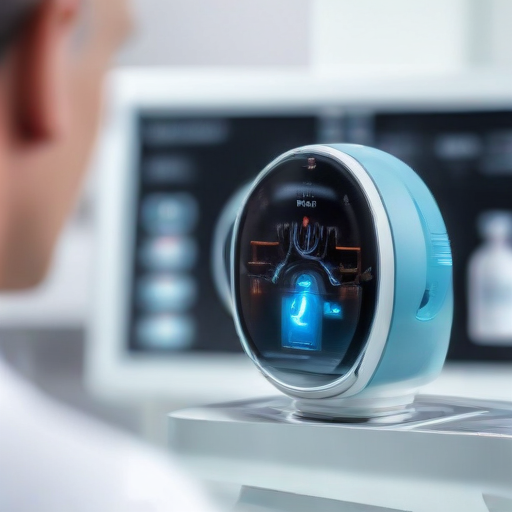A healthcare technology company has claimed that its AI software can more accurately assess the extent of prostate cancer compared to human doctors. Avenda Health published a study last month involving ten doctors who each evaluated 50 prostate cancer cases. The findings revealed that Avenda’s Unfold AI software achieved an accuracy rate of 84.7% in detecting cancer, while the doctors’ manual assessments varied between 67.2% and 75.9%.
Conducted in partnership with UCLA Health and featured in the Journal of Urology, the study highlighted that AI assistance significantly improves precision in measuring cancer, with predictions of tumor size being 45 times more accurate compared to evaluations made without AI.
Dr. Shyam Natarajan, an assistant adjunct professor at UCLA and the study’s senior author, stated that AI not only enhances the accuracy of doctors but also fosters consensus among them. Traditionally, physicians rely on MRI scans to gauge tumor sizes, but some tumors remain “MRI-invisible.” According to Dr. Wayne Brisbane, an assistant professor at UCLA, AI serves crucially in situations where MRIs fall short.
The potential of AI in cancer treatment is promising, with the possibility of providing more effective and personalized care tailored to patients’ unique needs. As Dr. Brisbane articulated, AI can extend beyond human capabilities, enhancing treatment outcomes. Dr. Natarajan noted the validation of such innovations through studies has been empowering for medical professionals.
Prostate cancer remains a significant health concern in the United States, with approximately 1 in 8 men expected to be diagnosed during their lifetime, and an estimated 1 in 44 expected to succumb to the disease. The American Cancer Society estimates that there will be 299,010 new cases of prostate cancer in the US this year, with 35,250 fatalities.
The integration of AI in prostate cancer diagnostics reflects a significant step forward in medical technology and offers hope for more effective treatment strategies, ultimately improving patient outcomes and elevating healthcare standards.
This development showcases optimism in the field of oncology, indicating that future advancements in AI could transform cancer diagnosis and treatment, paving the way for better healthcare systems tailored to individual patient needs.
